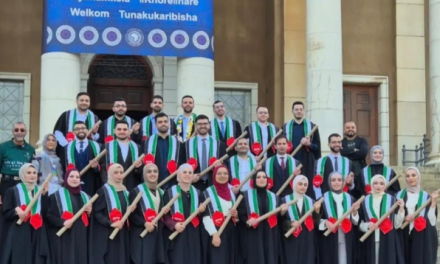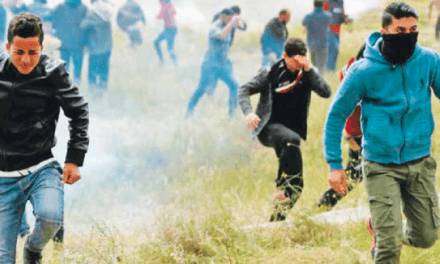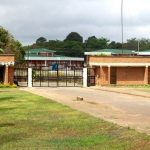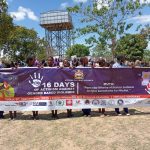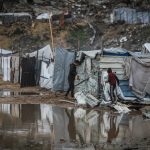
Government Steps Up HIV and AIDS Fight Among Children and Adolescents
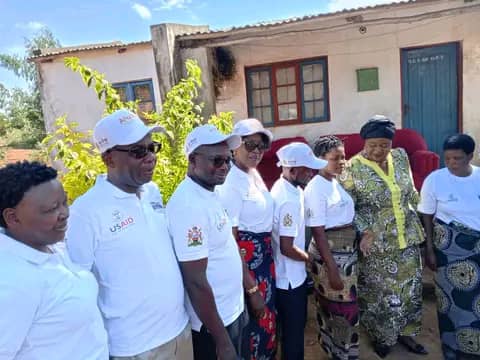
By Lovemore Katanda
Government has called on non-governmental organizations in the country to scale up their efforts and work in a coordinated manner in the fight against HIV infection.
Speaking recently during the official launch of the newly established youth organization under the banner ‘Ana Ndi Achinyamata Patsogolo’ (ANAPA) at Mpemba School ground in Blantyre, Minister of Gender Jean Sendeza hailed the establishment of the organization, saying the project will help in reducing the spread of HIV infection, particularly among children and adolescents, and also spearheading the well-being of young women living with, affected by, and vulnerable to HIV.
“We need more organizations to join hands with the government in a fight against HIV and AIDS. Let me also appeal to all non-governmental organizations in the country to work in a coordinated manner, not as competitors,” she said.
The Minister attributed the recent increase in HIV infection among children and adolescents to natural disasters and COVID-19.
“During cyclone Freddy, we were receiving reports that those that were given onus to distribute food items to flood survivors were demanding sex from young girls and vulnerable women. We believe this has also escalated the disease among children and adolescents,” lamented Sendeza.
Sendeza further described that, apart from providing HIV treatment, ANAPA will also focus on providing village loan savings among school-going children, adolescents, and their families to help them become financially stable.
On his part, Director of Health Services in the Ministry of Health, Amoni Khata, revealed that 66 percent of people affected by HIV infection are children and adolescents between the ages of zero and 19, adding that 22 percent of this population does not have access to HIV treatment.
“The recent statistics on HIV and AIDS have indicated that more than 50,000 children and adolescents are HIV infected. We consider these figures alarming,” he said.
Haldon Njikho, Deputy Healthy Officer Director USAID, said the project seeks to address critical barriers to HIV service adherence, and scale up high-impact HIV preventive services, and improve health and social well-being among children, adolescents, and young women.
According to Njikho, the ANAPA project will be implemented in nine thematic districts with funding from USAID to the tune of 100 billion Kwacha in the next five years.























